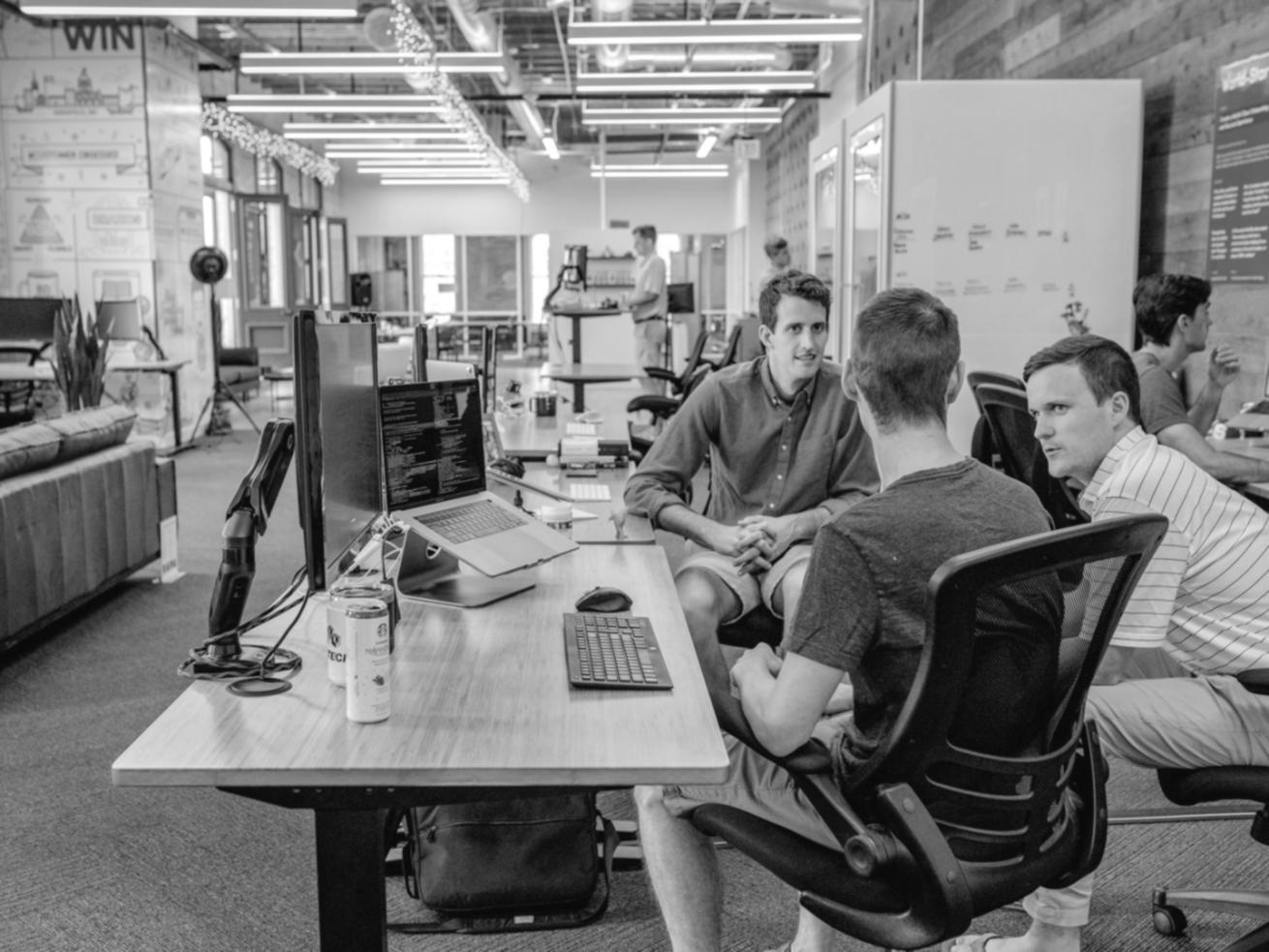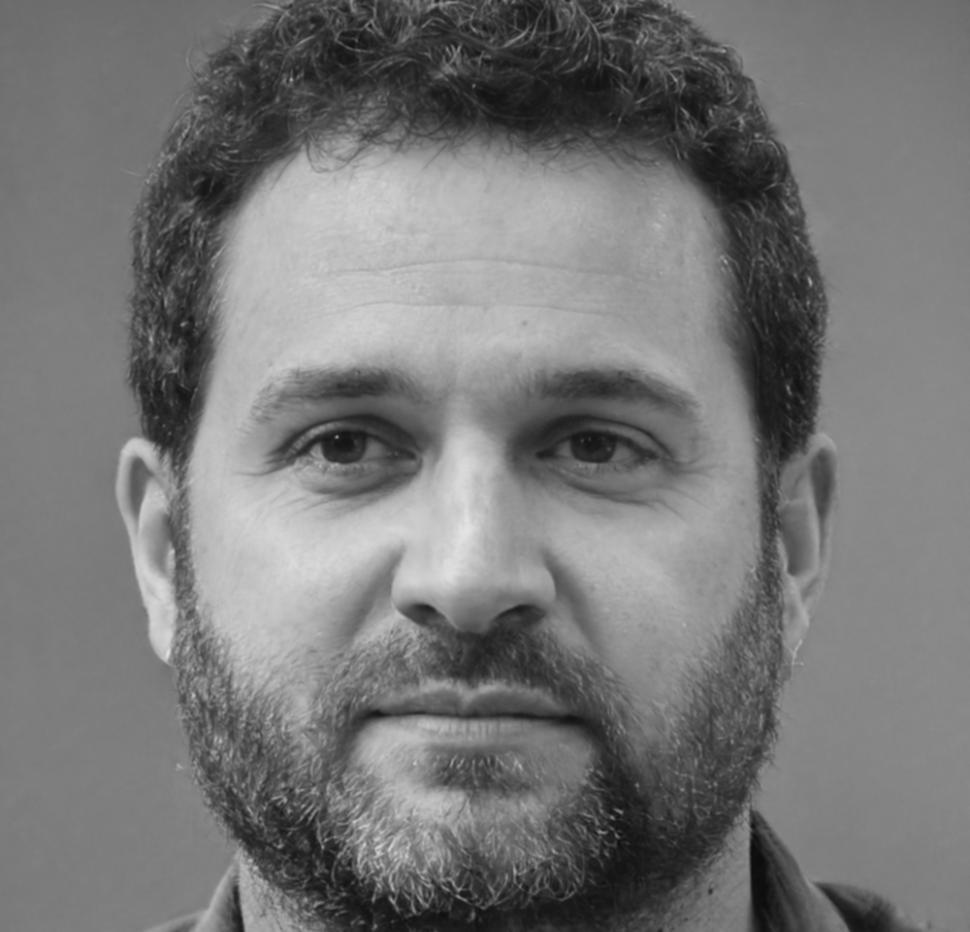Our Journey in Programming Education
When we started teaching programming in 2019, we kept hearing the same frustration from students: "I understand the concepts, but I don't know how to build real applications." That disconnect between learning syntax and creating functional software became our mission to solve.
Instead of starting with abstract concepts, we begin with simple programs that do something useful. Students might create a basic calculator, then gradually add features like memory functions and scientific operations. Each lesson builds on the previous one, but always with working code that students can run, modify, and understand.
This approach has shaped everything we do. Our instructors are working developers who understand both the fundamentals and the practical challenges of software development. They can explain not just how code works, but why certain approaches are better for maintaining and scaling applications.




